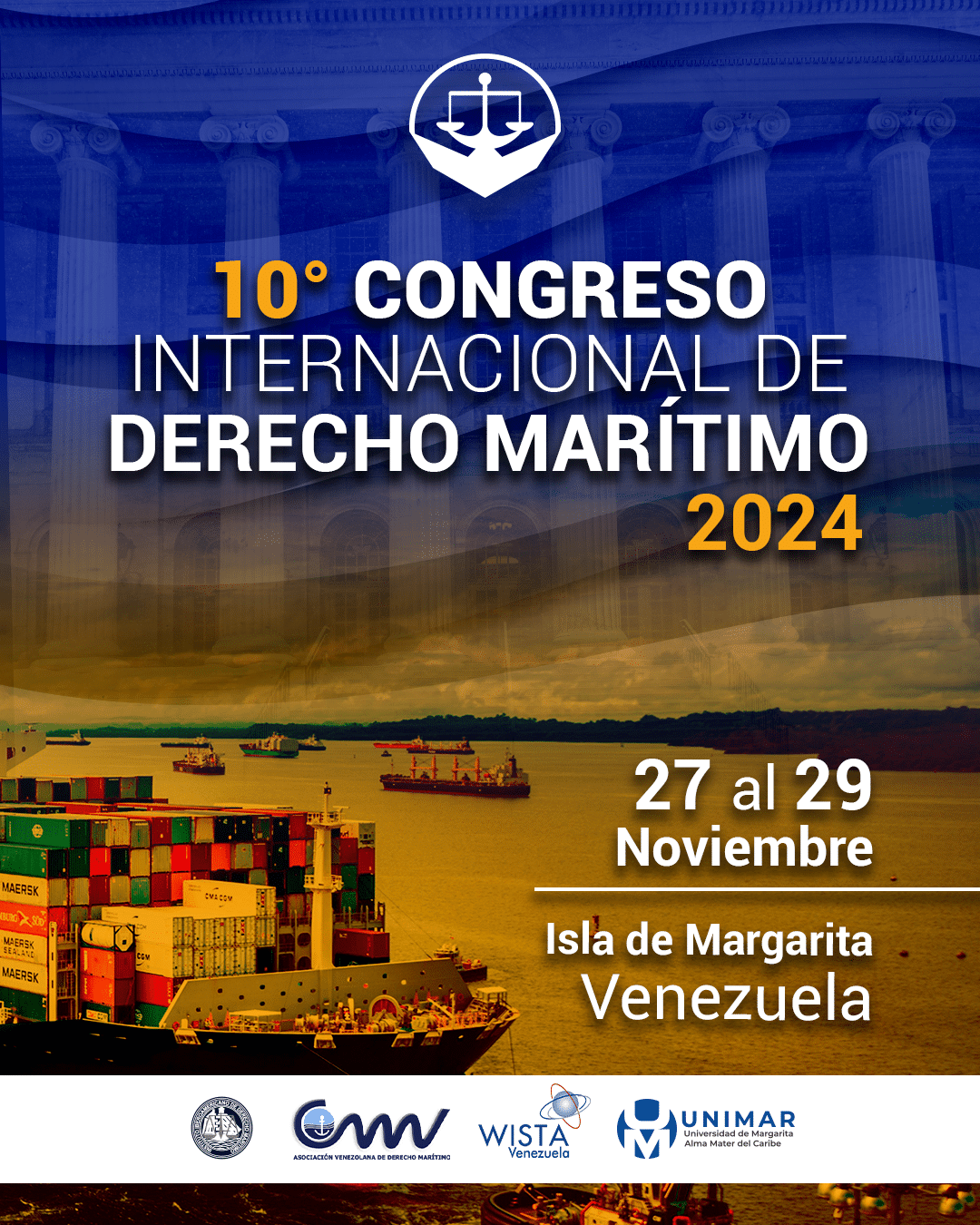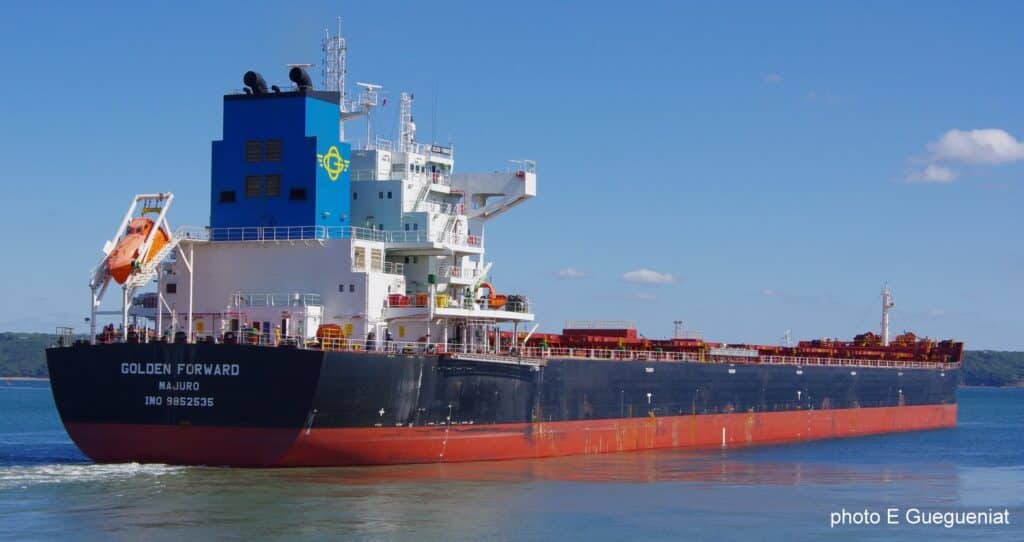In a constantly evolving global context, maritime and port challenges are taking on unprecedented proportions. Recently, the Ministry of Transport decided to strengthen its approach by creating a committee responsible for examining the maritime legislation and the port laws. This committee aims to take stock of current regulations and propose reforms adapted to current challenges. There safety, there sustainability and innovation are central themes that must be taken into account to ensure the harmonious development of port-related activities. By bringing together different players in the sector, this committee aims to promote constructive dialogue around best practices and new regulations necessary for effective management of maritime infrastructure. This project is part of a broader dynamic of modernization of ports, aimed at meeting the growing needs of our economy while preserving marine ecosystems. Thus, the ambition of this committee is to make the legislative framework more efficient, while encouraging the adoption of innovative solutions for a sustainable maritime future.
As part of the evolution of standards and requirements linked to the maritime sector, the Ministry of Transport recently decided to create a committee whose main mission is to examine in depth the maritime legislation as well as the port laws in force. This initiative responds to a growing need to modernize maritime regulations in the face of contemporary issues such as maritime safety, there sustainability and thetechnological innovation.
Table of Contents
ToggleContemporary issues in maritime legislation
Maritime legislation must continually adapt to the rapid changes that the sector is undergoing. According to a study by theInternational Maritime Organization (IMO), maritime traffic is experiencing an annual increase estimated at 3.5%. This creates pressure on port infrastructures which must cope with an increasing flow of goods, but also with increasing regulatory requirements in terms of security and environmental protection.
One of the major issues is the port security. With the increase in trade volume, ports have become potential targets for criminal acts and maritime terrorism. Thus, the creation of the committee will make it possible to analyze and adapt current laws to ensure maximum protection for port facilities and maritime activities. The International Ship and Port Facility Security code (ISPS) is an example of a regulatory framework that will be scrutinized as part of this initiative.
Today, the maritime socio-economy also requires reflection on the impact of port activities on local communities. In France, the national port strategy is to improve coordination between economic development and environmental protection. The committee will be able to recommend adjustments and improvements in this area, thus ensuring sustainable development of port infrastructure.
Concrete measures and recommendations
To respond to the challenges mentioned, the maritime legislation review committee will not limit itself to theoretical analyses. Concrete recommendations will be issued, including the integration of innovative practices in the maritime sector. For example, the adoption of green technologies can reduce the carbon footprint of ships and ports, thereby promoting blue economy sustainable.
Case studies, such as that of the ports of Grand Maritime Port Le Havre, which has implemented “renewable energy” projects to power infrastructure, will enrich the committee’s reflections. These initiatives show that it is possible to create more environmentally friendly ports while improving their competitiveness.
The committee will also propose strengthening training systems for professionals in the maritime sector. A well-trained workforce is essential to effectively enforce new regulations. This could include the establishment of regular seminars to raise awareness among port stakeholders of security issues but also of new technologies.
Furthermore, policies adapted to each type of port, whether fishing, commercial Or sightseeing, will be examined. These policies will ensure that each installation meets appropriate standards while taking into account its specificities.
Future perspectives and innovations
The committee, beyond legislative revisions, also positions itself as a real laboratory for maritime innovation. It will explore solutions such as the integration of intelligent port management systems capable of optimizing operations while meeting strict environmental standards. The digitalization of port services is a major challenge to better manage traffic flows and reduce queues, which could lead to significant savings.
At the regulatory level, this committee could also launch consultations with players in the sector. This collaborative approach is essential so that the new proposals are in line with the realities on the ground. By involving the maritime professionals, whether they are shipowners, dockers or port managers, a better understanding of the real issues and operational constraints can be achieved.
Links with European policies will also be strengthened. The committee will aim to align French marine legislation with the regulations in force within theEuropean Union, thus promoting harmonious integration of port standards on a European scale.
Finally, theblue economy will be at the center of the committee’s concerns. Understanding its challenges and opportunities is crucial to ensure that the development of maritime activities does not go against the preservation of marine resources. To give an example, initiatives like those operated by The Blue Eco illustrate how economic models can develop while taking environmental issues into account.

FAQ on the establishment of the maritime and port law review committee
What is the reason for the creation of this committee? The Ministry of Transport decided to establish this committee to review and reassess maritime legislation and port laws, ensuring their compliance and effectiveness in a changing context.
Who makes up this committee? This committee is made up of maritime law experts, port representatives, maritime authorities and other stakeholders from the maritime and port sector.
What are the main objectives of this committee? The main objectives include analyzing existing laws, proposing necessary modifications and identifying new regulations that could be put in place to strengthen safety and sustainability in the maritime sector.
When will the committee meet for the first time? The committee’s first meeting is scheduled for next month, during which members will establish a work schedule and discuss priorities to be addressed.
How can the public get involved in this process? The public will have the opportunity to provide feedback and suggestions through public consultations that will be held throughout the review process.
What will be the expected impacts of this committee? Expected impacts include improved maritime regulation, better port security and increased adaptation to current environmental and economic challenges.









